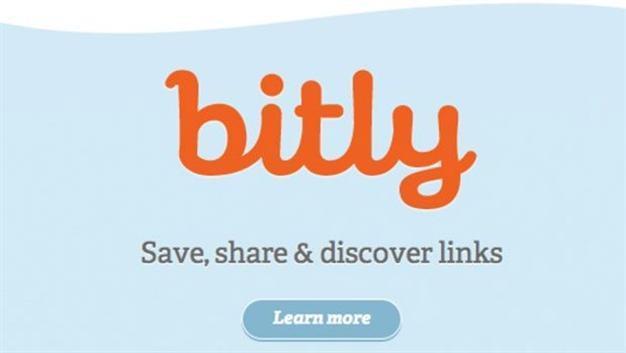Turkey blocks popular URL shortener due to 'technical error'
ISTANBUL

Turkish authorities have told daily Hürriyet that they blocked access to a popular link shortening service due to a "technical error," causing a brief outage that triggered a nationwide outcry.
Internet users in Turkey were met with a message from the Telecommunications Directorate (TİB) when they clicked a link shortened by bit.ly, stating that the access to the service was blocked by the state body as a "precautionary administrative measure" on April 17 afternoon.
As bit.ly does not host any content, the possible motive of the ban stirred controversy on Turkish social media.
A TİB official who spoke to daily Hürriyet reporter Selim Öztürk on condition of anonymity said late April 18 that the decision was due to a "technical error" and bit.ly was unblocked at 5.15 p.m. after the brief outage.
Although the official did not elaborate on the nature of the error, several social media users suggested that authorities could have received a complaint to remove content citing a shortened link, but mistakenly blocked the service instead of the destination URL.
An omnibus bill that Turkish parliament approved on March 20 equipped the
TİB with the legal authority to remove or block online content without a court order in four hours.
The new law also stipulates that
social media users who share content that has been subject to a legal complaint in Turkey will be punished.
In contrary to what happened to bit.ly, another URL shortener was delibaretely blocked by Turkish authorities last year.
In March 2014, the
Turkish government banned Twitter, closed almost all of its online backdoors and even blocked access to t.co, the link shortening service of the popular social media platform.
With the recent hike in the number, more than 77,000 websites remain blocked in Turkey as of April 18, according to the monitoring website
Engelli Web.
Turkey's digital ban list includes the websites of think tanks, video or audio distribution platforms, auction companies, personal domains, graphic novel publishers, gay dating services, lingerie sellers and even Roncalli.org, the website of a Catholic high school in the United States.
Most recently on April 6,
Turkey blocked access to Twitter, Facebook and YouTube over their initial refusal to remove photos of a prosecutor who was taken hostage by militants in Istanbul, but the ban was revoked as all three social media platforms complied with a court order after several hours.
Even
Google's search engine was threatened with an unprecedented ban by a Turkish court on April 7.
Meanwhile,
official Twitter account of Turkey's parliament started to use Twitter's live streaming service, Periscope, on April 17 to broadcast more than 248,000 of its followers the press conference of Parliament Speaker Cemil Çiçek, a senior politician from the ruling Justice and Development Party (AKP).
 Turkish authorities have told daily Hürriyet that they blocked access to a popular link shortening service due to a "technical error," causing a brief outage that triggered a nationwide outcry.
Turkish authorities have told daily Hürriyet that they blocked access to a popular link shortening service due to a "technical error," causing a brief outage that triggered a nationwide outcry.